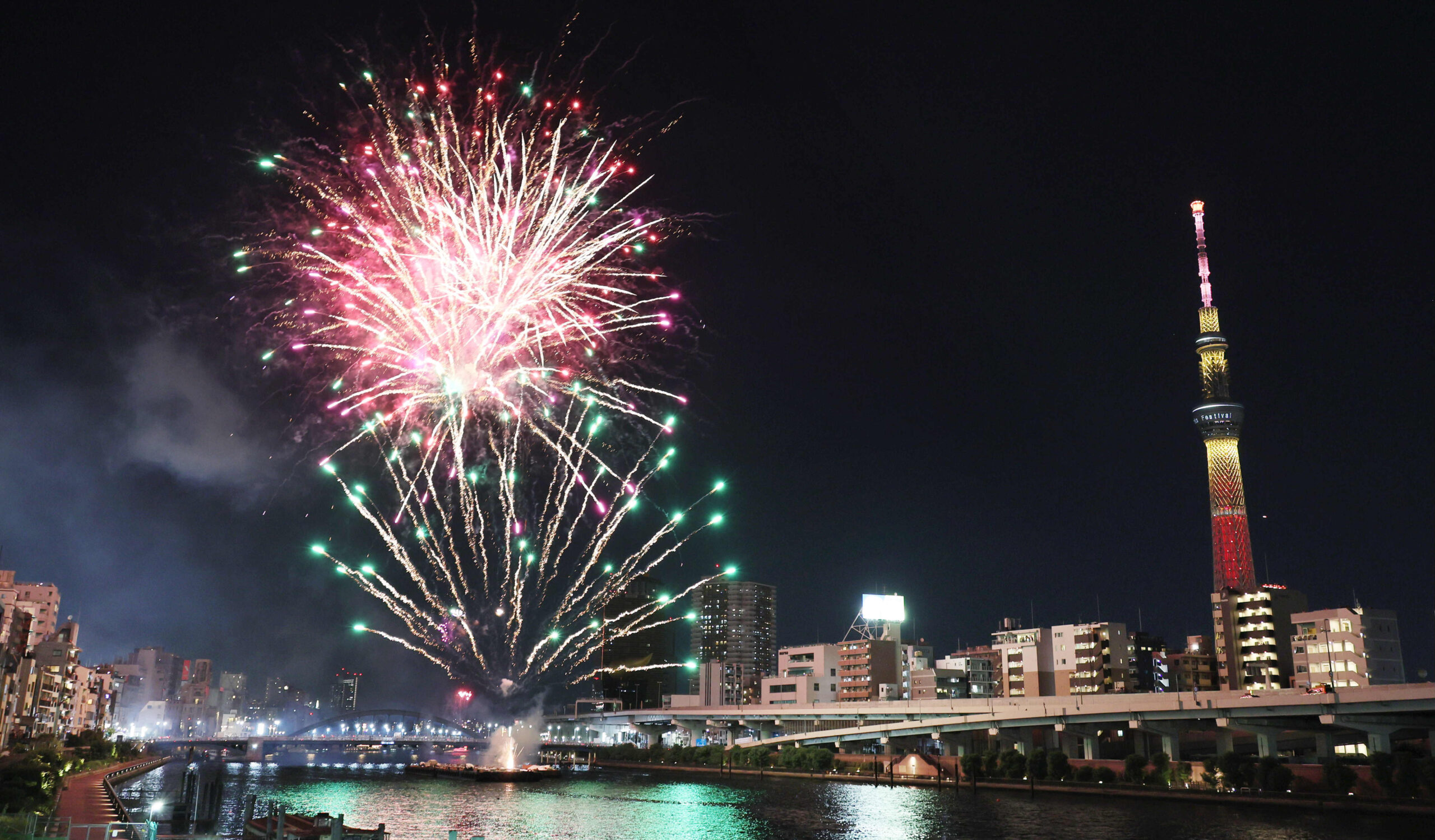Boiling Point
When did summer in Japan stop being fun?
At a beer garden in Shibuya over the weekend, a friend and I considered a menu together. “Eternal Summer,” I read aloud from the list of beers. “Sounds nice,” remarked my friend. “Sounds like hell,” I replied.
What was meant to conjure endless days on the beach drinking straight from a coconut instead evoked endless, infernal heat in one of the outer circles of hell.
When did summer in Japan become so miserable? One more year of this and it’ll replace winter as the new indoor season, the time of year when you don’t see friends, instead hibernating and catching up on TV with all the windows shut.
As a kid growing up in suburban America with long summer breaks from school (in Japan, it’s about six weeks), I lived for the months between semesters: beach days and pool parties; corn on the cob in my hand and cool grass under my feet; driving around before the age of smartphones, looking for ice cream.
Summer love, flings, freedom — the symbols of summer are changing to one of an endurance sport, something to grin and bear until the first cool breeze in late September. In Tokyo, temperatures are regularly hitting 35 degrees Celsius with a “feels like” temperature of 38 C.
I think of the claustrophobic summer of Mieko Kawakami’s novel, “Breasts and Eggs”: “At first the two of us felt good enough to chat and laugh, but the heat soon got the better of us, and we stopped talking. The incessant spray of the cicadas clogged our ears, and the sunlight pinched our skin.”
Portable hand-held fans are, for example, an evolution of sensu (folding fans), except they require batteries and create e-waste, so you could just stick to the paper version if you’ve got one lying around.
The ice necklace, meanwhile, mimics a trick from previous generations in Japan: On hot days, mothers often wet a tenugui towel and wrapped it around their child’s neck.
Ran Nomura, who runs the Instagram account @zerowaste.japan, lists off a host of ways the durable and versatile tenugui, which many people have in their homes, can be used to cool one’s body.
There’s an icy version of the water-soaking trick: Take an ice pack — perhaps one foisted upon you by a grocery store employee to keep your food chilled — fold it into a tenugui, and wrap it around your neck or head. You could also stick the towel under your hat so it covers your neck and shoulders from the sun; in lieu of a hat, wrap the towel around your head.

It seems the buoyant summer nights of neighborhood matsuri (festivals) and riverside fireworks are being chased away by both a rise in complaints (so long carefree summer vibes) and climate change-fueled thunderstorms that force sudden cancellations. With annual average temperatures both globally and in Japan reaching their highest ever since records began, the frequency and intensity of extreme weather events are likely to increase, bringing with them a host of hazards. As you run for cover to spare your yakitori skewer and Strong Zero from the squall, fighting fellow attendees for the same sparse shelter, you think twice about coming out next year.
Surely ample air conditioning can stave off the worst of this new summer’s woes, you might think. Then, you wake up in the morning with a cough, your eyeballs dry and clicking in their sockets. Maybe you had a spat with your partner over the AC the night before, and you regret sacrificing hard-earned good will in the battle to lower the temperature before bed. Go outside for some fresh morning air or to take a midday break from work and it feels like standing under a blow dryer inside a sauna.
Summer seasonal affective disorder — hot SAD, as I call it — is counterintuitive yet very real. Feelings of lethargy, anxiety and irritability result from high temperatures, humidity and long days. Instead of being active outside and soaking up vitamin D, you shrivel beneath the AC, which is either ineffective or so cold that you find yourself reaching for a blanket. Layer on the guilt from all your emissions-causing consumption — summer isn’t fun, and it’s all my fault — and you might as well stay dormant for the season.
There is one remaining joy of summer in Japan, and that’s the efficiency of doing laundry. Come the tapering days of tsuyu (rainy season) and the start of summer proper, hanging the laundry out to dry is a pleasure. To feel the towels go from wet to bone dry in a matter of hours thanks to nothing but the natural sun — aided by humankind’s heat-trapping greenhouse gasses — you experience something close to a thrill. (Though more sweating also means more laundry. Sorry, Earth.)
Of course, there is a remote chance that what’s actually happened to the pleasure of summer has as much to do with the world getting hotter as it does the fact that I grew up, gained responsibility, read sad books and started minding my craft beer intake, and that’s the reason summer in Japan is just no fun.
But with all this heat, who can think with such cold logic?

